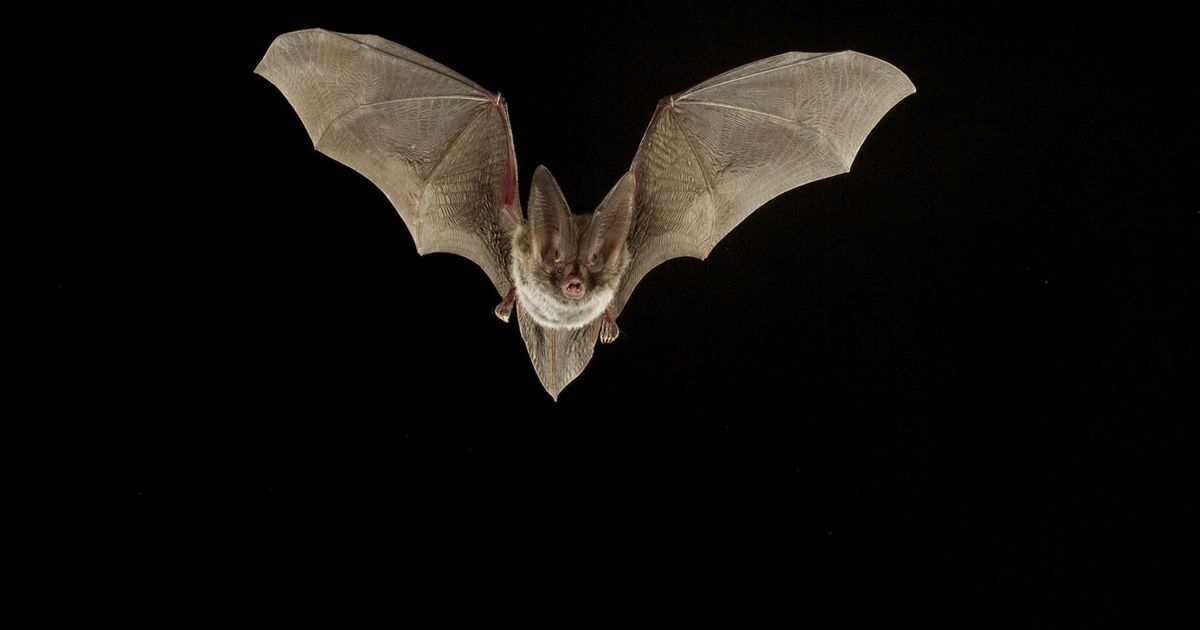Most emerging infectious diseases are caused by zoonotic pathogens viruses and bacteria which circulate in wild and domestic animals but are also capable of infecting humans. Examples of diseases caused by zoonotic pathogens include Ebola, Middle Eastern Respiratory Syndrome (MERS) and bird flu.
Certain bat species act as a reservoir for a range of viruses that can jump to humans for example, the closest relatives of SARS-CoV-2 (the virus that causes COVID) circulate in bats of the Rhinolophus genus.
However, we don’t have a good understanding of the diversity of viruses circulating in bat populations in most parts of the world. We also don’t have a good idea of the number of bat viruses that could jump into humans in the future. This motivated new research, in which we searched for RNA viruses circulating in UK bats. RNA viruses, of which SARS-CoV-2 is one, are generally considered to be the most worrying zoonotic threats.
We also evaluated the zoonotic potential of some of the viruses we discovered. Reassuringly, we didn’t identify any viruses currently capable of infecting humans – but one virus may need only a few mutations to do so. Continually monitoring bats and other wildlife is therefore important to protect us against future zoonotic threats.
Studying UK bats over a two-year period, we collected fecal samples from 16 bat species in the UK, primarily from injured or rehabilitated bats. Through RNA sequencing of 48 selected samples, we identified a wide range of viruses, including coronaviruses. We were able to assemble nine complete coronavirus genomes, including two new species, one of which is closely related to the MERS coronavirus. Additionally, we discovered four sarbecoviruses, the same group as SARS-CoV-2, in two British Rhinolophus bat species.
To assess the potential for human infection, we conducted experiments using artificial spike protein sequences integrated into non-replicative pseudoviruses. While one sarbecovirus could enter human cells by binding to the ACE2 receptor, this only occurred in artificially manipulated cells with high ACE2 levels, not naturally occurring levels in humans. Therefore, our findings indicate that currently none of the coronaviruses found in British bats can infect humans.
However, one sarbecovirus is only a few mutations away from potentially gaining the ability to effectively bind to human ACE2 receptors and cause infection. These findings highlight the importance of continued surveillance and understanding of bat-borne coronaviruses for future public health preparedness.
Bats as reservoirs for zoonotic viruses Bats have been speculated to harbor more pathogens due to their longevity, high metabolic rate, and unique immune systems. However, the abundance of zoonotic viruses in bats is primarily attributed to their high species diversity, as bats make up 22% of known mammalian species, each carrying their own pathogens. Monitoring for viruses should extend beyond bats to include other mammalian groups like rodents, carnivores, and ungulates.
Improved global surveillance should encompass pathogen diversity in humans, domestic animals, wildlife, and the environment. While it remains uncertain if COVID-19 originated from a zoonotic pathogen, early detection of zoonotic threats is crucial. Identifying potential pathogens before they cross into humans is ideal for implementing preventive measures.










